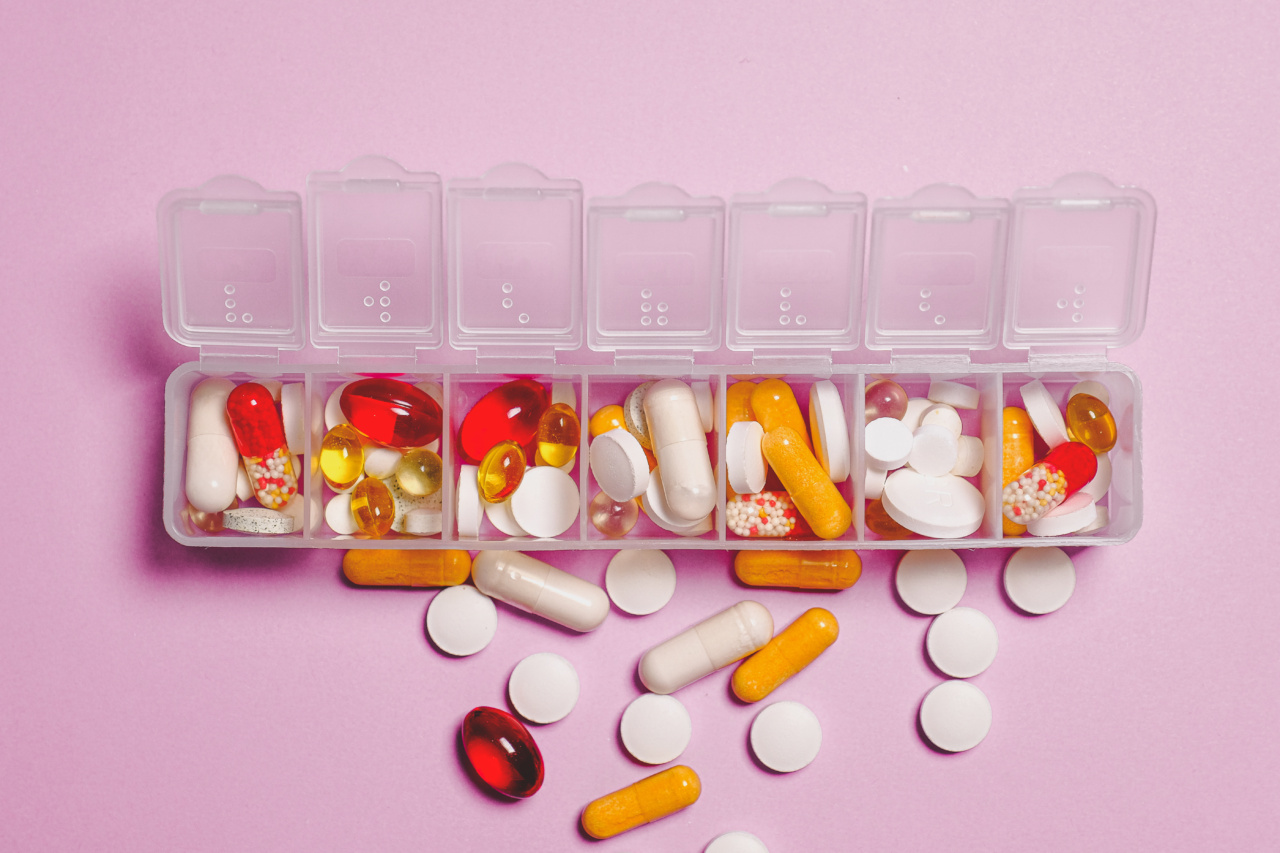Ensuring you receive your daily dose of vitamins is important for maintaining good health. Vitamins are essential for the proper functioning of the body, and deficiencies can lead to a variety of health problems.
Many nutrients can be obtained from food, but sometimes we need to supplement our diet with vitamin pills or other supplements to ensure we meet our daily needs. Here are ten ways to get your daily dose of vitamins.
1. Eat Plenty of Fruits and Vegetables
Fruits and vegetables are rich sources of vitamins and minerals. By eating a variety of colorful fruits and vegetables, you can ensure that you receive a wide range of the nutrients your body needs.
For instance, brightly colored berries contain high levels of vitamin C and antioxidants, while leafy greens like spinach and kale are great sources of vitamin K, vitamin A, calcium, and iron.
2. Get Enough Vitamin D from Sunlight Exposure or Supplements
Vitamin D is essential for healthy bones, and it’s difficult to obtain adequate levels solely through diet. Your skin produces vitamin D when exposed to sunlight, but many people do not get enough sun exposure to meet their needs.
Vitamin D supplements are available over-the-counter and can be taken to ensure you receive your daily dose of this important vitamin.
3. Eat Foods Rich in Omega-3 Fatty Acids
Omega-3 fatty acids are healthy fats that can be found in foods like oily fish, flaxseed, and walnuts.
These fatty acids help reduce inflammation in the body and have been linked to a variety of health benefits, including lower risk of heart disease, improved brain function, and a reduced risk of depression.
4. Take a Multivitamin
Multivitamins contain a variety of essential vitamins and minerals, making them an easy and convenient way to ensure you are meeting your daily nutrient needs. Always read the label and follow the recommended dosage.
5. Eat Lean Protein
Lean protein, such as chicken, turkey, fish, and tofu, is essential for building and maintaining muscle, but it’s also an excellent source of vitamin B12. This vitamin helps make new red blood cells and is essential for nerve function.
6. Include Whole Grains in Your Diet
Whole grains like brown rice, quinoa, and oatmeal contain a variety of vitamins and minerals, including vitamin B, iron, and zinc. They also provide fiber, which is essential for digestive health.
7. Consume Calcium-rich Foods
Calcium is essential for strong bones, and many people do not consume enough of this mineral. Foods like milk, yogurt, and cheese are excellent sources of calcium, as are leafy green vegetables like kale and broccoli.
Calcium supplements are also available if you struggle to meet your daily recommended intake.
8. Eat Foods Rich in Vitamin E
Vitamin E is an antioxidant that can help protect against damage caused by free radicals. Foods like almonds, sunflower seeds, and peanut butter are excellent sources of vitamin E.
9. Add Spices to Your Meals
Many spices contain high levels of antioxidants, making them a great addition to your diet. Turmeric, for instance, contains curcumin, which has been linked to a reduced risk of heart disease and Alzheimer’s disease.
Cinnamon is another spice that has been linked to a variety of health benefits, including lower blood sugar levels and improved heart health.
10. Choose Nutrient-dense Foods
Some foods are more nutrient-dense than others. Nutrient-dense foods like sweet potatoes, dark chocolate, berries, and avocados contain a variety of essential vitamins and minerals.
By choosing these types of foods, you can ensure that you are getting the most nutrients from each calorie you consume.






























